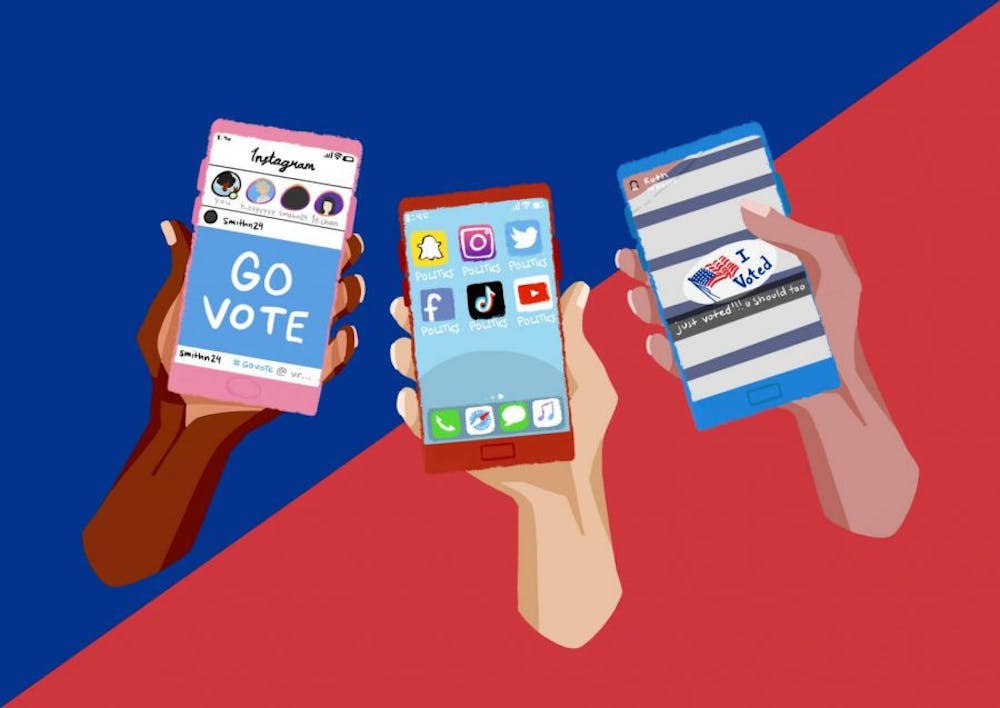In an age where screens illuminate our every waking moment, it is undeniable that the media wields immense power. But what exactly is the extent of this influence, especially when it comes to shaping our political beliefs?
As a high school student myself, I am part of the generation that navigates this digital age with the curiosity of youth. The screens we carry use the power to inform, misinform, educate, and polarize. Even in seemingly ordinary activities, our perceptions of the world are being subtly changed. Whether traditional or digital, the sway of media is a force that touches all corners of us all. However, it resonates most among young minds, a demographic both impressionable and eager for knowledge.
Join us as we delve into the labyrinth that is the world of media, politics, and the minds of generations―ours specifically.
Media and Political Opinion
Media has a rich history of influencing political opinions, dating back to the days of print newspapers and radio broadcasts. However, in today’s digital age, its impact has reached unprecedented levels.
Traditional media sources like TV, newspapers, and radio have long been influential in shaping public perception. They can frame issues, set agendas, and influence how we interpret events. For example, the former news broadcaster Tucker Carlson is known for his controversial segments that have sparked national debates and influenced public opinion on various issues.
While media sources like newspapers and radio are slowly dying out, the advent of digital media has transformed the way we consume information. With online news outlets, blogs, and podcasts, information is now at our fingertips 24/7. The immediacy of digital media has made it a powerful tool in shaping political beliefs.
Social media platforms have become a cornerstone of modern communication, not only being sources of news but also as platforms for discussions, debates, and the spread of ideas. Content on social media can go viral, rapidly influencing public discourse and opinion. However, the same digital platforms that connect us can also isolate us. Filter bubbles and echo chambers are digital phenomena where algorithms feed us content that aligns with our existing beliefs and reinforce our perspectives. This can contribute to political polarization as we become less exposed to diverse viewpoints. Knowing this, we must understand how the media influences politics. As young minds, we are the ones who can make a difference, but only if we know how to. Knowing how to separate facts from fiction is the key to being informed citizens.
Solution
So, where do we go from here? We need to harness the power of the media for good. As young people, let’s encourage open dialogues, critical thinking, and media literacy to break free from those echo chambers and build a more informed society. It is up to us to navigate this landscape with wisdom and curiosity. Let's use the media’s power to inform, unite, and create a brighter future for our generation.




